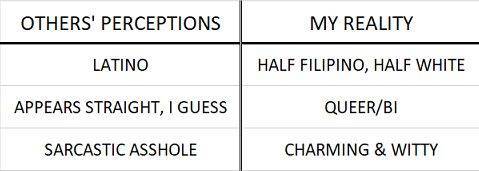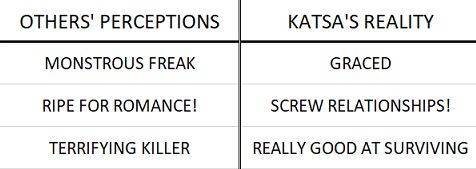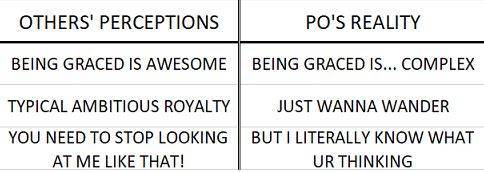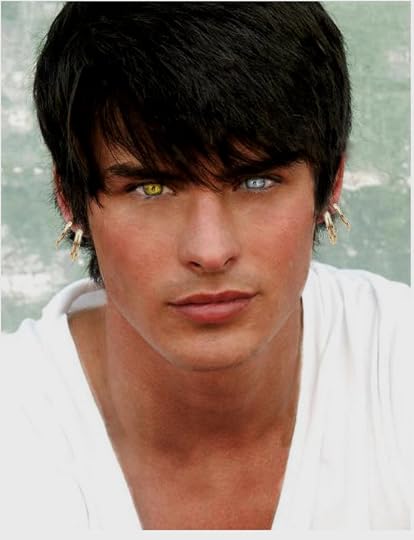What do you think?
Rate this book


481 pages, Kindle Edition
First published October 1, 2008
When a monster stopped behaving like a monster, did it stop being a monster? Did it become something else?Authors, take note: This is YA Lit done right.
Mercy was more frightening than murder, because it was harder.Second off - I loved Katsa's strength.
Perhaps I can stay by the fire and mend your socks and scream if I hear any strange noises.Third off - I loved the love.
Katsa sat in the darkness of the Sunderan forest and understood three truths. She loved Po. She wanted Po. And she could never be anyone's but her own.If you are in the mood for quality YA lit - pick this series up.
When a monster stopped behaving like a monster, did it stop being a monster? Did it become something else?
“Wonderful,” Po said. “It's quite boring really, the way you beat me to death with your hands and feet, Katsa. It'll be refreshing to have you come at me with a knife.”
“But no amount of humility or respect made it any less horrifying to lose control.”
 come to my blog!
come to my blog!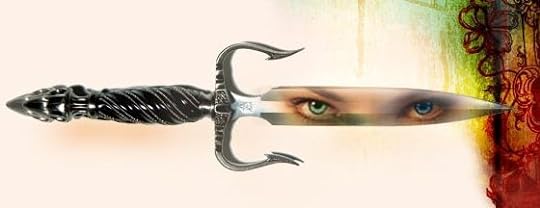
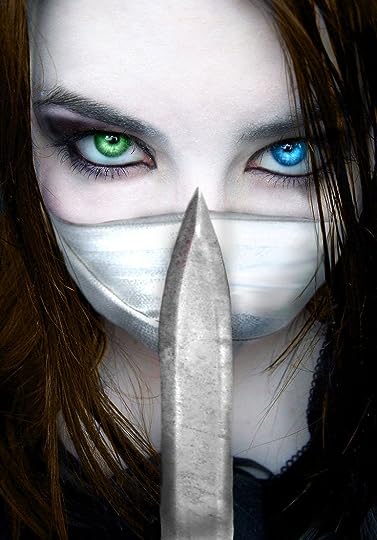
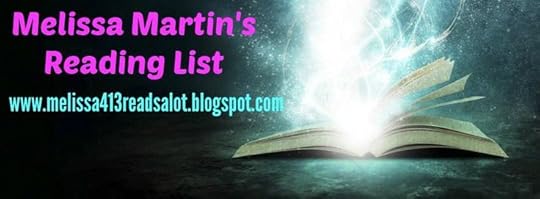
“When a monster stopped behaving like a monster, did it stop being a monster? Did it become something else?”
"You're not an unnatural woman, Katsa. […] You'll want babies. I'm certain of it."



// buddy read with my favorite person ever
